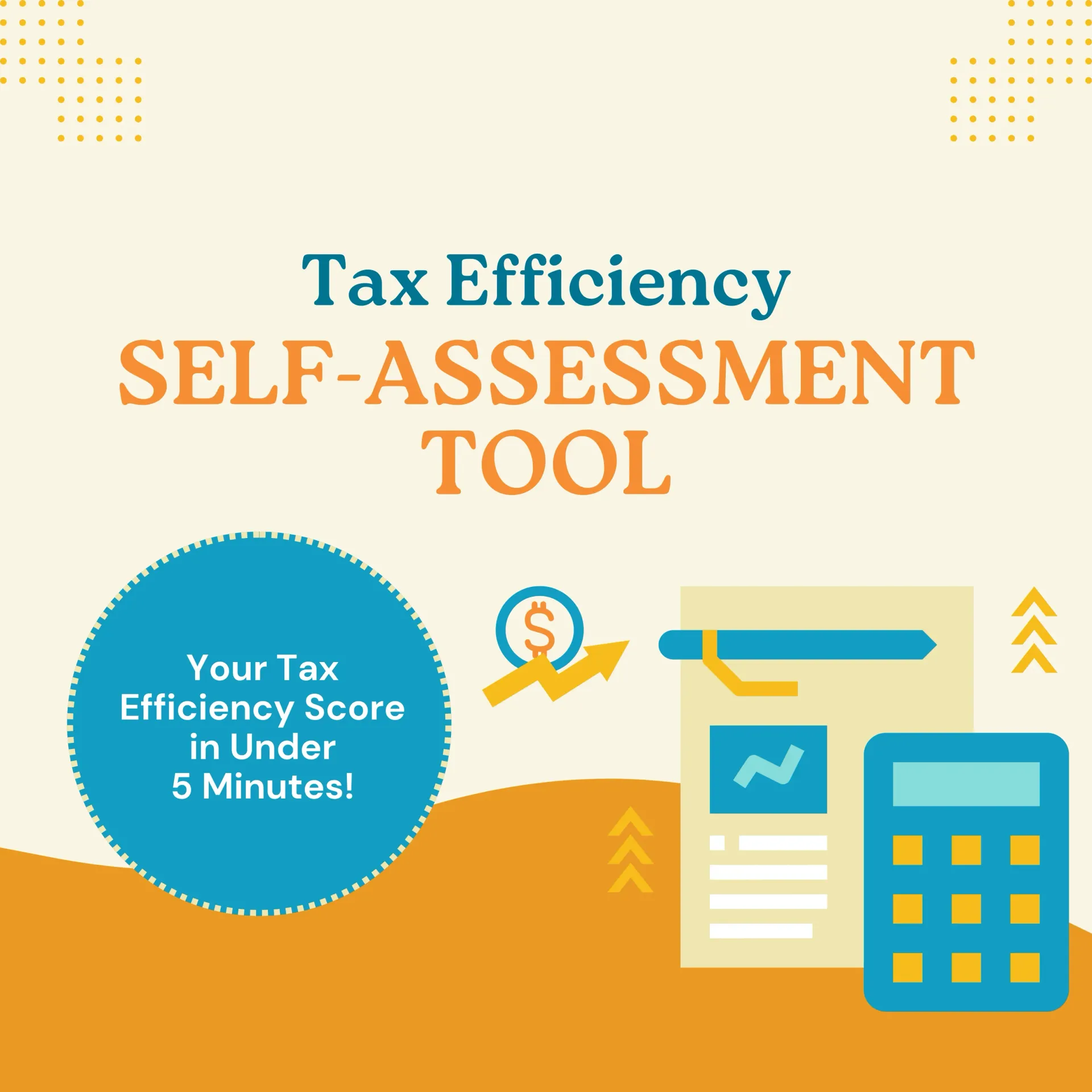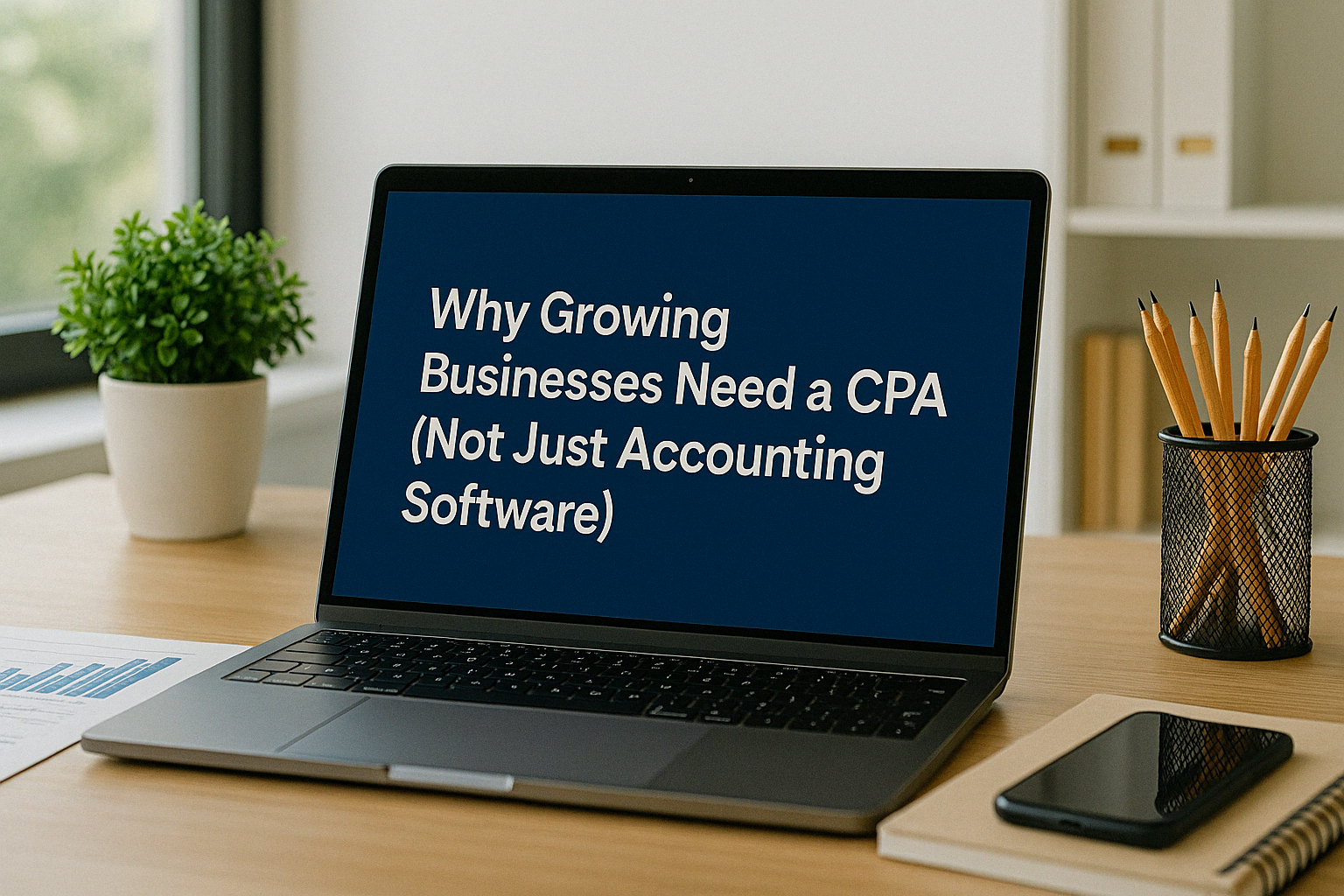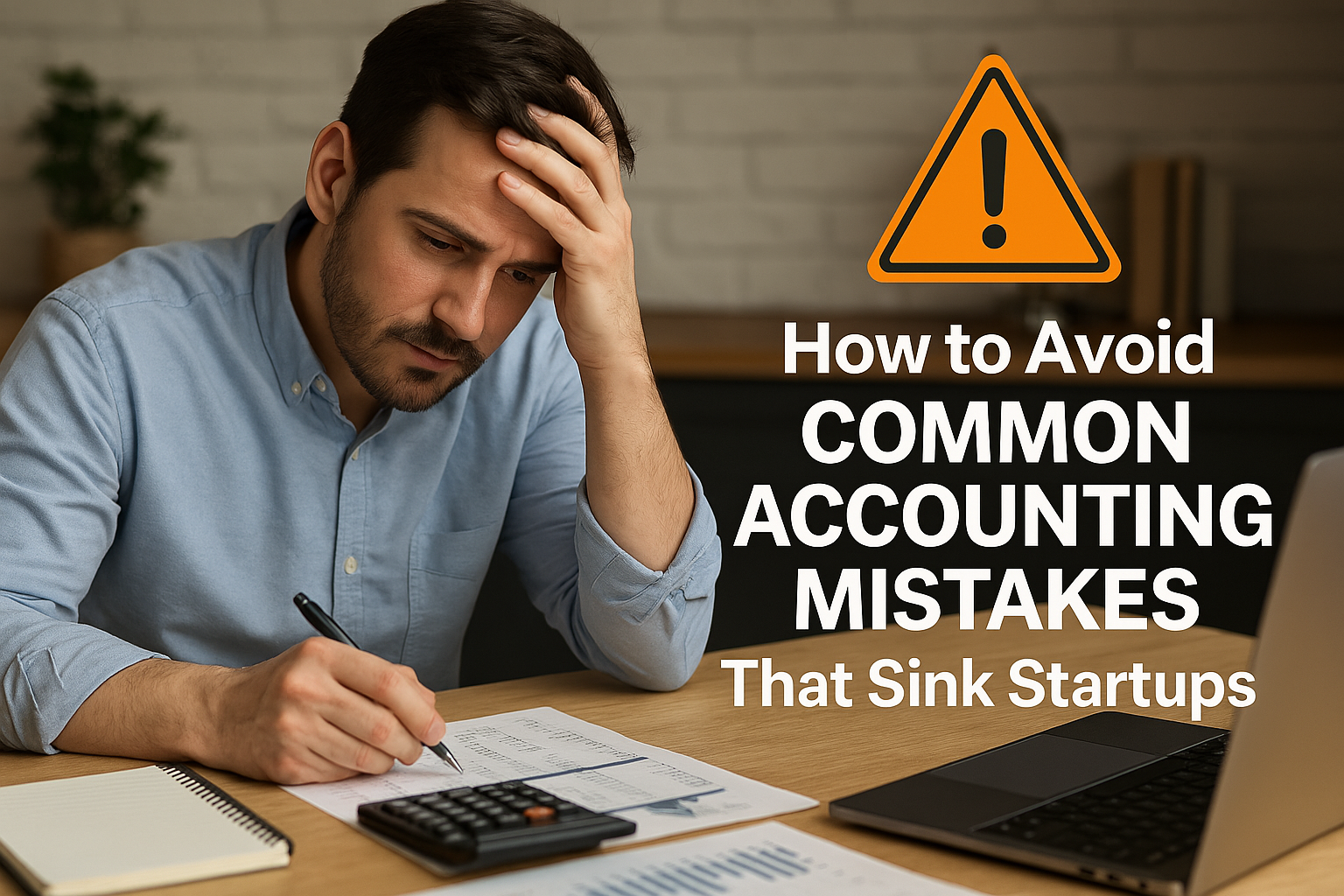Determining the value of your small business: A practical guide

Determining the value of a small business can be a complex process, but it's crucial for various reasons. Whether you're looking to sell your company, bring in investors, or simply want to understand your business's worth, accurate small business valuation is essential. At Straight Talk CPAs, we've helped countless entrepreneurs navigate the intricate world of business appraisal, and we're here to share our expertise.
In this comprehensive guide, we'll explore various company valuation methods, discuss key valuation metrics, and provide insights into the factors that drive business worth calculation. From asset-based valuation to market approach valuation and income approach valuation, we'll cover it all. We'll also delve into the importance of financial statements analysis, industry benchmarks, and risk assessment in valuation.
So, grab a cup of coffee, and let's dive into the world of small business valuation together!
Understanding the Basics of Business Valuation
Before we jump into the nitty-gritty of valuation methods, it's important to understand why determining your business's value matters. I remember chatting with a client, Sarah, who owned a thriving local bakery. She was considering expanding but wasn't sure if her business was financially healthy enough to take on the risk. That's when we sat down to crunch the numbers and assess her company's true worth.
Valuing a small business isn't just about slapping a price tag on it. It's about understanding its financial health, growth potential, and overall position in the market. This information is crucial for making informed decisions about your business's future.
Common Valuation Methods
Now, let's roll up our sleeves and look at some of the most common valuation methods used for small businesses.
1. Asset-Based Valuation
This method focuses on the tangible and intangible assets of your business. It's like taking stock of everything your business owns and subtracting any liabilities. While it sounds straightforward, don't forget about those tricky intangible assets valuation – things like your brand reputation or customer relationships that don't show up on a balance sheet but are valuable nonetheless.
2. Market Approach Valuation
This method compares your business to similar companies that have recently sold. It's kind of like checking out house prices in your neighborhood before putting your own home on the market. You'll want to look at industry benchmarks and consider factors that might make your business stand out from the crowd.
3. Income Approach Valuation
This method is all about the money – specifically, how much your business is expected to earn in the future. It includes techniques like the discounted cash flow method, which calculates the present value of expected future cash flows. It's a bit like predicting the weather – you're making an educated guess based on past performance and future trends.
Key Valuation Metrics
When it comes to valuing a small business, there are several important metrics to consider. One of the most common is the EBITDA multiple (that's Earnings Before Interest, Taxes, Depreciation, and Amortization, for those of you playing along at home). This metric gives a snapshot of a company's operational profitability.
Another important factor is the business's growth potential. I currently work with a tech startup that isn’t profitable yet, but their innovative product and growing user base made them an attractive investment opportunity. In cases like these, traditional valuation methods might not tell the whole story.
The Role of Financial Statements in Valuation
You can't value a business without diving into its financial statements. Trust me, I've tried, and it's like trying to bake a cake without knowing the ingredients – it just doesn't work!
Financial statements analysis is crucial for understanding a company's past performance and predicting its future.
This includes looking at:
- Income statements
- Balance sheets
- Cash flow statements
These documents provide insights into the company's revenue, expenses, assets, liabilities, and cash flow. They're the building blocks of any solid valuation.
Considering Intangible Assets
Here's where things get a bit tricky. Intangible assets are those non-physical assets that add value to your business. These could include:
- Brand recognition
- Intellectual property
- Customer relationships
- Proprietary technology
Valuing these assets can be challenging, but it's crucial for getting an accurate picture of your business's worth. I once consulted with a small software company that had developed a unique algorithm. While it didn't show up on their balance sheet, this intangible asset was a major driver of their valuation.
Industry-Specific Considerations
Every industry has its own quirks when it comes to valuation. A restaurant might be valued differently than a tech startup or a manufacturing company. That's why it's important to consider industry benchmarks and norms when valuing your business.
For example, in the retail industry, factors like location and foot traffic might play a significant role in valuation. On the other hand, a software-as-a-service (SaaS) company might be valued based on metrics like customer acquisition cost and lifetime value.
The Importance of Risk Assessment
Valuing a business isn't just about looking at the numbers – it's also about assessing risk. This includes both internal factors (like reliance on key personnel) and external factors (like market trends or regulatory changes).
I remember working with a client who owned a successful vape shop. While his current financials looked great, upcoming regulations in the industry posed a significant risk to his business model. This risk factor had to be carefully considered in the valuation process.
Professional Valuation Services: When to Seek Help
While understanding the basics of business valuation is important for every business owner, there are times when it's worth bringing in the professionals. At Straight Talk CPAs, we've seen firsthand how a professional valuation can provide clarity and confidence to business owners.
Professional valuation services can be particularly helpful in situations like:
- Preparing for a sale or merger
- Bringing in new investors or partners
- Estate planning or divorce proceedings
- Applying for certain types of loans
A professional can help ensure that your valuation is thorough, accurate, and defensible.
Practical Tips for Maximizing Your Business's Value
Now that we've covered the basics of how to value a small business, let's talk about some practical steps you can take to maximize your business's worth:
- Keep accurate and up-to-date financial records: This makes the valuation process smoother and can positively impact your business's perceived value.
- Focus on sustainable growth: While rapid growth can be exciting, sustainable, steady growth is often more valuable in the long run.
- Diversify your customer base: Relying too heavily on a few key customers can be seen as a risk factor in valuation.
- Invest in your brand: Remember those intangible assets we talked about? A strong brand can significantly boost your business's value.
- Plan for the future: Having a clear business strategy and growth plan can make your business more attractive to potential buyers or investors.
Wrapping Up
Valuing a small business is part science, part art. It requires a deep understanding of financial principles, industry trends, and the unique factors that make your business tick. While it can be a complex process, understanding your business's value is crucial for making informed decisions about its future.
Remember, a business valuation isn't set in stone. Your business's value can change over time based on its performance, market conditions, and a host of other factors. That's why it's a good idea to reassess your business's value periodically.
At Straight Talk CPAs, we're passionate about helping small business owners understand and maximize their company's value. Whether you're planning for the future, considering a sale, or just curious about your business's worth, we're here to help you navigate the valuation process with confidence.
So, take a deep breath, roll up your sleeves, and start digging into those numbers. Your business's true value is waiting to be discovered!
Discover Your Tax Savings Score in Minutes!


Salim is a straight-talking CPA with 30+ years of entrepreneurial and accounting experience. His professional background includes experience as a former Chief Financial Officer and, for the last twenty-five years, as a serial 7-Figure entrepreneur.




